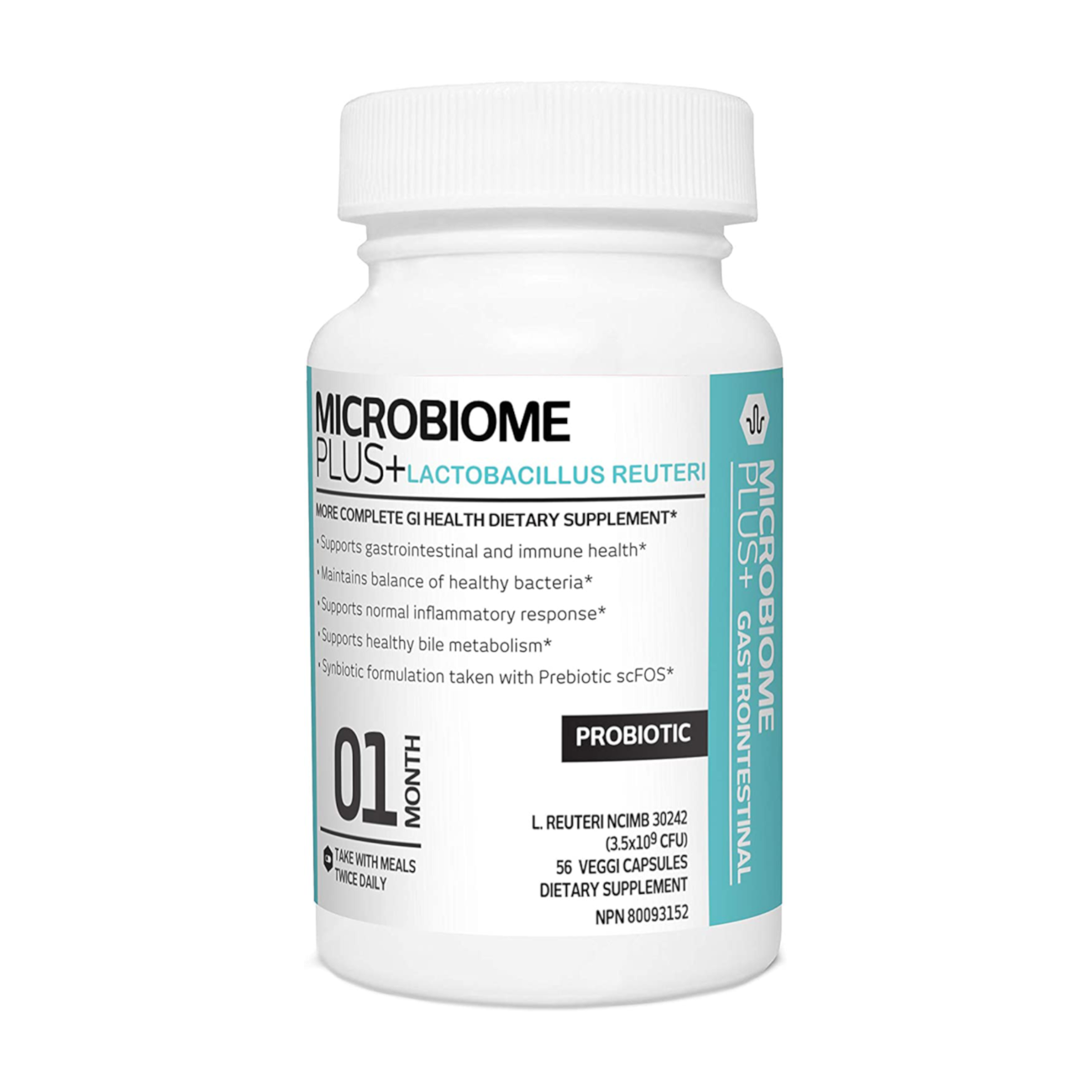Sick of sneezing? Itchy eyes and runny nose driving you mad? Have you noticed swelling, nausea or a raised red rash?
Allergies vary from mild to severe and even life threatening. The signs and symptoms may be obvious like sneezing, hay fever, and breathing problems, or they may seem unrelated like headache, fatigue or vomiting. These are unnecessary reactions; an enthusiastic immune response to a substance that is normally inert, harmless. This substance is called an allergen, the reaction an allergy.
While it is easy and common to blame the allergen, this ignores an emerging picture. Research indicates that allergic responses have much to do with the gut. According to Johns Hopkins University School of Medicine’s associate professor, Dan Peterson, “A huge proportion of your immune system is actually in your [gastrointestinal] tract.” So, maybe surprisingly, the gut is an essential place to start.
The digestive system is intricate and long and runs from the mouth to the anus. In between, food is chauffeured through our oesophagus and into the stomach, where it is bathed in digestive enzymes and whirled around like the inside of a washing tub. From there, it is conveyed into the small and then large intestines, where the majority of digestion and absorption occurs. Once the body has extracted the beneficial compounds it needs, the remains are passed onward and from us. But if we take a step back, it is the intestines that are of particular interest for those suffering from allergies.
The gut is an incredible organ. It has a single cell lining and trillions of gut bugs collectively called the microbiome…
The lining is designed to allow only advantageous substances, like nutrients, to pass through. However, modern lifestyles, stress, antimicrobial products, poor food choices and more can cause this lining to become damaged. This is known as a leaky gut or, in the scientific community, increased intestinal permeability.
The microbiome is a diverse conglomeration of viruses, protozoan, fungi, and bacteria. As with the humans that contain them, some are helpful, others are harmful, and some appear to fall in between.
When healthy, the digestive wall is impermeable to unwanted substances and a microbial balance is maintained. However, when this barrier leaks or the gut flora harmony is lost trouble arises. This absolutely includes a heightened chance of allergies.
Let’s take a look at the research
The study Distinctive Gut Microbiota Signature in Persistent IgE-mediated Food Allergy compared the microbiota of allergic people to aged-matched controls. They found that the gut bug composition was significantly different between the two groups.
Research published in the Human Microbiome Journal stated that dysbiosis is linked with immune dysfunction and this has an established association with allergy.
The article Gut microbiome, metabolome, and allergic diseases noted that decreased digestive microbial diversity is linked with allergic diseases.
In short, an altered gut microbiome and decreased function may lead to allergies. This begs an important question…
Can we improve digestive health and potentially alleviate allergies?
With this evidence comes the potential for much needed relief. If you suffer from the eye rubbing, skin scratching, oft sneezing frustration of allergies — or worse — there is hope.
Research shows that probiotics can ease allergic responses. Probiotics are defined as “live microorganisms that, when administered in adequate amounts, confer a health benefit on the host.” The science strongly suggests that supplementation has the potential to revolutionize allergy treatment.
Which probiotic has science shown to be therapeutically effective?
With a multitude of microbes available in supplemental form, it’s important to choose those backed by research, with demonstrable health benefits in humans. L. reuteri leads the charge in this field.
L. reuteri has been shown to stop pathogenic (‘bad’) bugs from colonizing and remodeling the microbiome. This powerful bacteria can strengthen the intestinal barrier and, in doing so, may reduce intestinal permeability. These important changes may interrupt the allergic process and confer therapeutic benefit and relief.
More clinical studies on Microbiome Plus Probiotic NCIMB 30242










